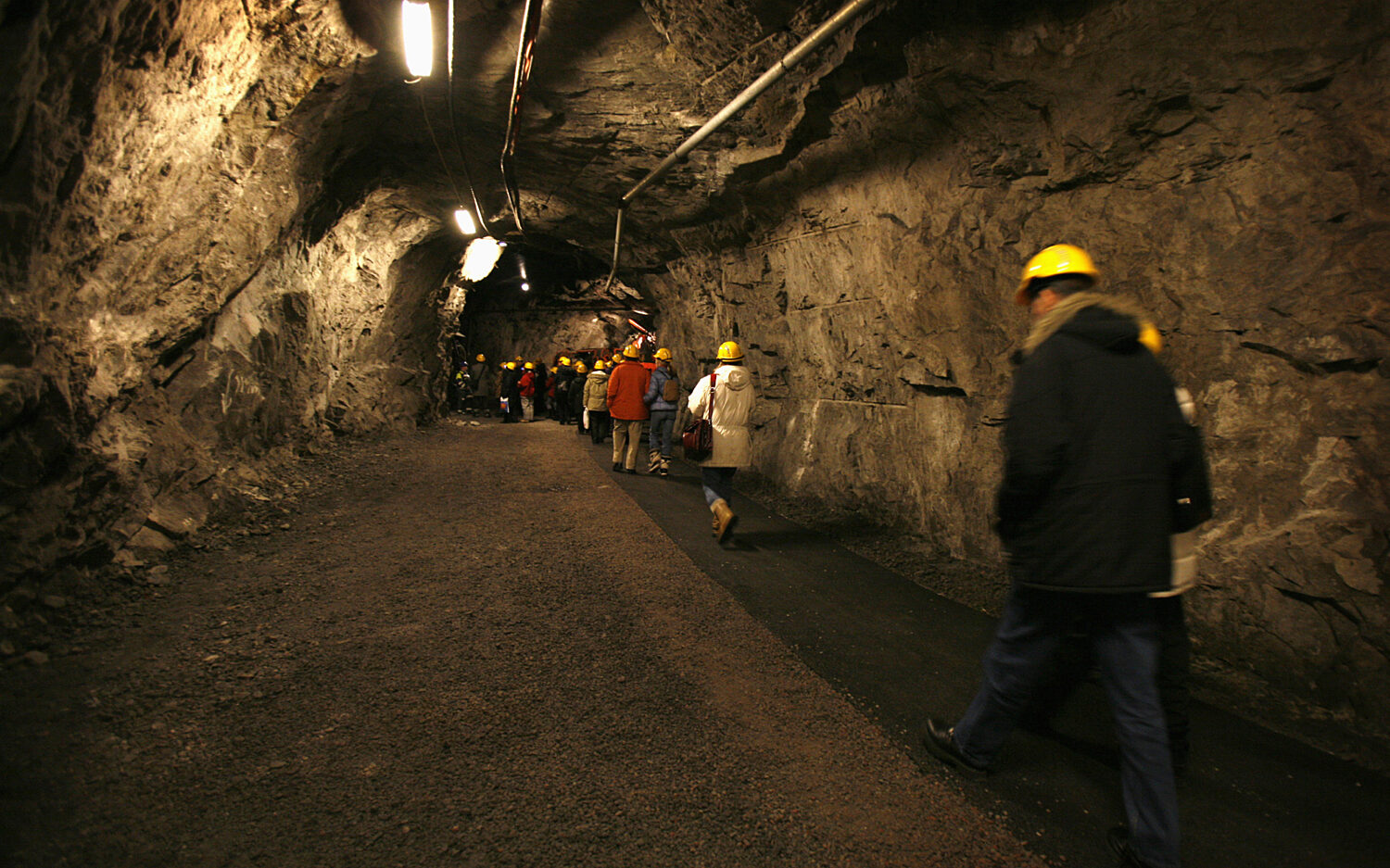Rare earths touch the lives of almost every person on the planet. These oddly named metals appear in everything from hard drives and elevators to magnets and smart phones. Could a recent frosty find end global reliance on China for these important metals?
The rare earth elements (REEs) are a set of 17 metallic elements. These metals possess valuable conductive, fluorescent, and magnetic abilities. They are useful in a host of high-tech devices.
Despite the name, rare earths aren’t too rare. God placed REEs throughout His Earth. He knew humans would someday need them. (2 Peter 1:3) Even though some are about as common as copper, they’re usually mixed with other elements—dangerous ones like uranium. Separating and cleaning REEs is expensive, complicated, and waste-generating.
Currently, no REEs are mined in Europe. European Union countries buy around 98% of the rare earth minerals from China.
China has dominated the rare earths market for decades—so much so that other countries cannot compete. But because they need REEs, some have had to “play nice” with China to keep the metals coming.
EU market expert Thierry Breton says China’s “quasi-monopoly on rare earths” plus skyrocketing prices make raw materials important in global politics.
Now scientists have found REEs above the Arctic Circle. Swedish iron ore miner LKAB identified “significant deposits” in Sweden’s Lapland region. Mine experts estimate more than one million tons of rare earths lie beneath the frigid tundra.
On the down side, LKAB warns that beginning to mine could take at least a decade. “If we look at how other permit processes have worked within our industry, it will be at least 10 to 15 years before we can actually begin mining and deliver raw materials to the market,” LKAB CEO Jan Moström says. His solution is to “change the permit processes” in hopes of “increased mining of this type of raw material in Europe.”
To meet demand for REEs, companies plan to open new mines around the world, including the one in Sweden.
But instead of more mining, some people want companies to find ways to reduce, reuse, and recycle rare earths. They want to discard less out-of-date technological equipment.
As technology advances, dependence on rare earth elements increases. The next steps may depend on how much consumers and producers are willing to pay for faster, stronger, cleaner devices.
Why? The new REE find in Sweden may have a significant impact on reducing the world’s dependency on China for future development of technology.




















